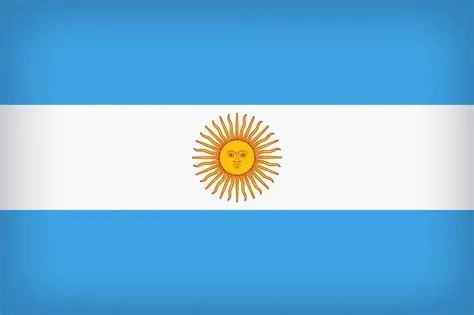Argentina has been shaken by the torture and murder of two young women and a teenage girl, whose ordeal was livestreamed to a private Instagram group by suspected drug traffickers.
The victims, 1Brenda del Castillo, 20, Morena Verdi, 20, and Lara Gutiérrez, 15 disappeared on Friday after being lured to a house on the outskirts of Buenos Aires with the promise of payment for attending a so-called “sex party”.
Instead, investigators say, they were seized, tortured and killed by members of a criminal group, who broadcast the abuse to 45 viewers in a closed online group. Their bodies were later discovered buried in plastic bags outside the property.
Authorities believe the murders were carried out as punishment after one of the victims allegedly stole a package of cocaine from the gang’s leader, who operates in Villa 1-11-14, a marginalised neighbourhood of the capital. “They were trying to send a message: this is what happens to those who steal drugs from me,” said Javier Alonso, security minister for Buenos Aires province.
Police have arrested two men and two women in connection with the crime. Two of those detained are accused of being hired to clean up the scene after the killings.
The brutality of the murders has provoked widespread outrage. Relatives of the victims, along with feminist and human rights groups, have staged protests across the country demanding justice. “They took her away from me and I want them to pay for what they did,” said the mother of Brenda del Castillo.
Argentina, which has not previously experienced the levels of narco violence seen in Mexico, Colombia or Ecuador, has been left reeling. “When narcos use this level of cruelty, not attacking each other or the police but targeting vulnerable victims, it means something is changing and that criminal leaders are trying to show off their power, which is very worrying,” said investigative journalist Germán de los Santos.
Community leaders and church groups have long warned of the growing influence of drug gangs in Buenos Aires’s poorest districts. They argue that rising poverty and cuts to public services under President Javier Milei have left young people vulnerable to recruitment by criminal organisations.
In a statement, the Catholic diocese of San Justo, where the victims lived, said: “Large areas have been left at the mercy of small- and large-scale drug mafias, which infiltrated and ended up dominating the lives and consciousness of our people, especially children and young people, instilling a true culture of delinquency and criminality. When the state becomes absent, it allows a culture of destruction and death to grow and advance unchecked.”
Local activists echoed those concerns, saying they lacked the resources to provide safe alternatives for young people. “Without any resources, it’s very difficult to compete with what the narcos are offering,” said one volunteer at a nearby soup kitchen, who requested anonymity for fear of reprisals.
The case has intensified debate over the spread of organised crime in Argentina and the state’s ability to confront it, as the country grapples with the shock of a crime that many fear signals a new and more violent chapter in its struggle with drug trafficking



